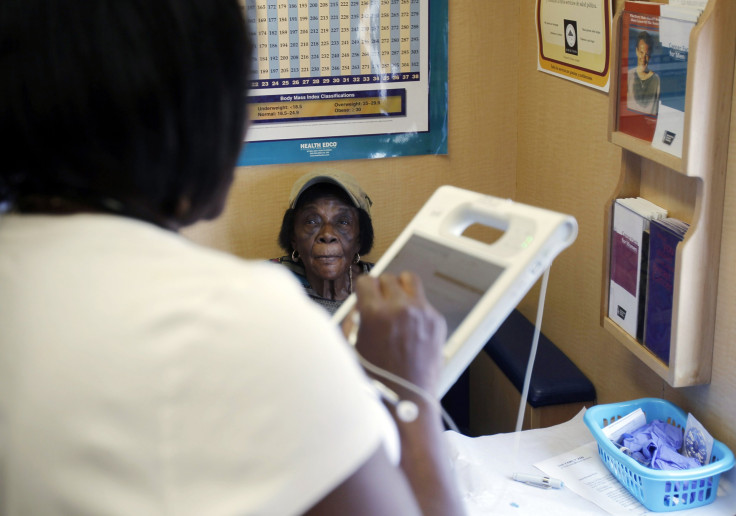What Would You Do if You Had Access to Your Doctor's Notes?

Every time you are with a doctor, he or she is scribbling away details about what you say and perhaps, about your health. If you had access to all of those notes, would you read them? Also, what impact would access to your doctor's notes have on your health?
A new survey has found that patients who read doctors' notes about themselves are more likely to comply with the healthcare plans and follow the doctor's advice. Many people in the survey said that they'd want to continue reading their doctor's notes.
The study included more than 13,500 patients at Beth Israel Deaconess Medical Center in Massachusetts, Geisinger Health System in Pennsylvania and Harborview Medical Center in Washington. The patients had participated in a project called OpenNotes, in which patients were given electronic access to their files.
"Medication adherence is one of the greatest problems in health care yet flipping this switch seems to activate patients," said Tom Delbanco, one of the study authors, Kaiser Health News reports.
Researchers found that about 85 percent of the participants in the study accessed the notes and many frequently read them. Patients said that they felt more in control of their healthcare after reading the notes. Contrary to what doctors feared, patients were less likely to be worried, confused or offended by what was written in the notes, according to the study.
"Our greatest hope is that this will become a standard of care. We're at a good time in history because more and more doctors and hospitals are getting electronic health records and putting up secure patient portals, allowing many patients easy access to their records," said Jan Walker, one of the study authors.
One concern is that doctors might change the way of writing notes, replacing certain medical terms with more neutral terms, which may confuse some other doctors who may be sharing the same notes, Kaiser Health News reports.
However, by the end of the study, a vast majority of patients, 99 percent, and doctors wanted to continue getting access to the notes.
"The study is very important because it shows [OpenNotes] did not create a significant burden for doctors, and it helps patients to understand better the diagnosis and the advice of the doctor," said Rita Marker, executive director of the Patients Rights Council, reports HealthDay.
The study was published in the Annals of Internal Medicine.
Published by Medicaldaily.com



























